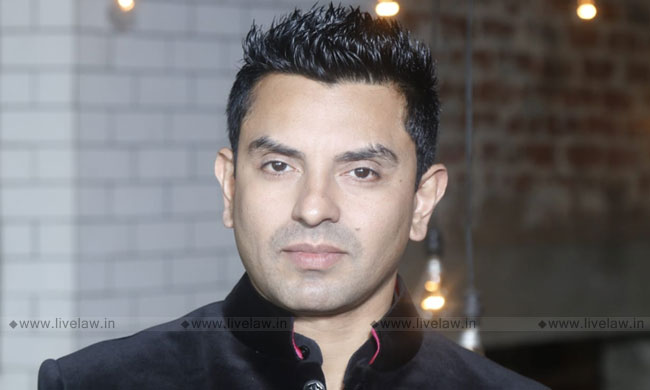The Supreme Court on Tuesday refused to entertain a petition filed by political activist Tehseen Poonawalla which sought to direct the central government to lift restrictions in Jammu and Kashmir which have been put in light of the abrogation of Article 370. The apex court granted the centre more time to withdraw the restrictions placed as the situation is “very sensitive”.
The bench, headed by Justice Arun Mishra, comprised of judges M.R. Shah and Ajay Rastogi adjourned the case for 2 weeks for normalcy to return.
Tehseen Poonawalla, represented by senior counsel Menaka Guruswamy, sought directions to reopen schools and hospitals, release the political leaders kept under house arrest, allow police stations to function normally and to appoint a judicial commission to assess the ground situation. Guruswamy argued against the blocking of telephones and other modes of communication in J&K.
Attorney General K.K. Venugopal meanwhile told the bench, “We have to ensure that the law and order situation in J&K is maintained.” He recounted the events of 2016 after the killing of terrorist Burhan Wani when a lot of casualties were reported in Kashmir. According to him, it took around three months to bring normalcy at that time. He added that the measures have been taken to prevent an escalation of tension, assuring that the restrictions would be lifted soon.
Venugoppal said that around 44,000 people had been killed by extremists since 1990 which was primarily due to the fact that people from across the border had been guiding and giving instructions to them.
The Supreme Court asked, “Are you reviewing the situation, are these restrictions essential? How long would you continue with this?”
To this, Venugoppal replied that district magistrates are reviewing the situation in each district and depending on the situation in each district, the restrictions should be removed soon.
Agreeing with Venugoppal, Justice Shah observed, “The government also wants normalcy…we have a statement from the attorney general. In cases like these, all pros and cons have to be considered. Who will be responsible if something really bad happens tomorrow?”
Thereafter, the bench decided to grant time to the government and stated that a real picture of the situation in Jammu and Kashmir has to be placed before the bench before it can pass any order. Along with adjourning the case, the bench was also very critical of the petition filed by Poonawalla and directed him to be prepared with the complete details by next hearing. The court said, “Even the petitioner may not know the truth. It is a very badly drafted petition.”
The petition was mentioned for the first time on 8 August in which advocate Suhail Malik pleaded on behalf of Tehseen Poonawalla and sought immediate directions for withdrawing “curfew/restrictions” and other measures. He contended that the restrictions violate the fundamental rights guaranteed under Article 19 and 21 of the Constitution.
However, the Supreme Court refused an early hearing and on Tuesday refused to direct the centre to follow any of the requests prayed for by the petitioners; thereby agreeing that the measures and restrictions placed by the centre are essential in the situation.
